This page is certainly not meant to give you all the details about assessments, but to give you a general idea about the assessments we use. You would be given the specifics for any programme you take.
The purpose of the assessments is to make sure you developed the skills that we intend participants to develop in the programme.
With rare exceptions, if you do not show you have the skills on an assessment, no big drama. You just take the assessment again. Of course if it is a type of assessment where it would be inappropriate to give you the exact same questions, we would give you a new version.
Modules SCI801 and SCI802 in our Postgraduate Diploma in Analytical Science have grades (e.g. "B+"). In all other offerings, we do not give grades, just "completed successfully" or not. How good is good enough to be "completed successfully"? For each assessment we have details worked out for that, but our general touchstone is: would it be good enough for a professional laboratory?
None of our educators are blue balloons, but the images below give some idea of what you would see.
Slide show session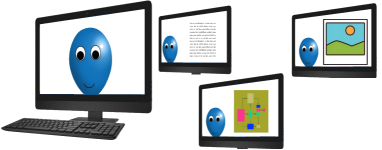
For these assessments, you will have a video session with our educators. We will ask you questions, and you will answer.
How do we ask? Sometimes verbally; sometimes with words, photos, tables, or other slides on the screen; often a combination of images and verbally.
How do you answer? Sometimes we will ask you to just tell us verbally. Sometimes we will ask you to write the answer. Sometimes we will ask you to mark the slide to indicate a part or something like that.
Did you ever lose credit on a test because you left out a detail you knew, but did not think you needed to include. We want to know what you know, not whether you can guess what to include. Since we are there with you, you can ask for clarification or additional details.
For many of these assessments, we can let you know how you did as soon as the assessment is over, and can even discuss any parts you had trouble with.
Practical observation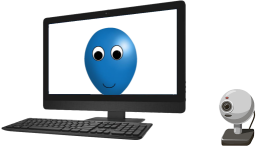
For these, we actually watch you do something, although we are not in the same place. Depending on the skill you are demonstrating, this might just mean us watching on a webcam. However, it often involves other aspects as well. For example, we lend equipment that can send information over the Internet to let us know how you are doing.
Real World Education is a world leader in remote assessment of laboratory practical skills. Our educators and ITC Developer have published and presented their work in this area internationally. Our systems have been piloted for university use overseas. Having an ITC Developer and creative educators allows us to continue innovating in this area.
The same approaches that we use for assessment of practical skills also allows us to coach people on practical skills remotely.
Assignment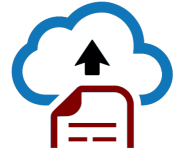
These assessments involve work that you do to create something to submit, and can take many specific forms. Usually, the thing you submit is a computer file (e.g. documents, spreadsheet, video).
We have a secure way for participants to upload their creations in a secure manner directly into their files. When the file is uploaded, our educators are immediately notified that the file is there for review.
We are careful to make the assignments valuable learning experiences, not busy-work for its own sake or merely a way to assess.
Verbal follow-up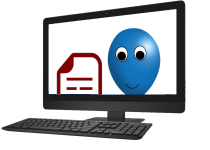
For most assignments, there is also a verbal follow-up. This is our chance to check whether you actually understand what you wrote. It also lets us ask you for clarification or more information.
We might also ask you to do a little demonstration of a skill. For example, the assignment might have had you look up information about 20 chemicals, and determine something specific using that information. That might have taken hours of work. We might ask you to do one while we are with you.
Especially in cases where your submitted work was clear and informative, the following verbal is often more of an informal conversation about what you did and related matters.
Field reporting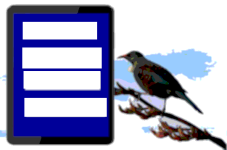
There are times that assessment includes reporting of what you are doing pretty much as you are doing it. For this, we provide a mobile application that allows you to keep us informed about what relevant work you are doing.
This might literally be in the field, outdoors. However, the "field" might be in the laboratory with you letting us know about work you are doing.
The applications we provide also give participants an indication about their progress in meeting a requirement.
Attestation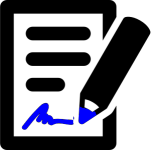
Sometimes our assessors use the say-so of someone else in determining whether you have demonstrated a skill. For attestations, we are careful to be getting the information from someone who would be a reliable and informed reporter of the information.
This is often a work supervisor. We are careful to keep the mechanics of this user-friendly for the person attesting. Typically, we have a simple form for them to complete.
Mock Interview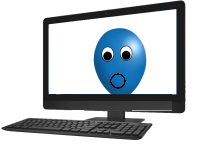
Sometime our assessors ask questions in a style that is similar to what would typically be encountered in an interview in a specific type of real-world situation.
In cases where we hope to have helped you prepare for an interview, a mock interview can be a good way to judge how well prepared you actually are.